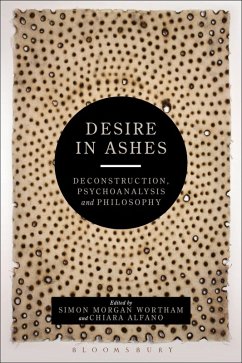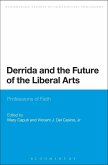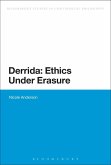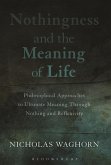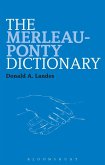The indebtedness of contemporary thinkers to Derrida's project of deconstruction is unquestionable, whether as a source of inspiration or the grounds of critical antagonism.
This collection considers: how best to recall deconstruction? Rather than reduce it to an object of historical importance or memory, these essays analyze its significance in terms of complex matrices of desire; provoked in this way, deconstruction cannot be dismissed as 'dead', nor unproblematically defended as alive and well.
Repositioned on the threshold of life-death, deconstruction profoundly complicates the field of critical thought which still struggles to memorialize, inter, or reduce the deconstructive corpus to ashes.
This collection considers: how best to recall deconstruction? Rather than reduce it to an object of historical importance or memory, these essays analyze its significance in terms of complex matrices of desire; provoked in this way, deconstruction cannot be dismissed as 'dead', nor unproblematically defended as alive and well.
Repositioned on the threshold of life-death, deconstruction profoundly complicates the field of critical thought which still struggles to memorialize, inter, or reduce the deconstructive corpus to ashes.

